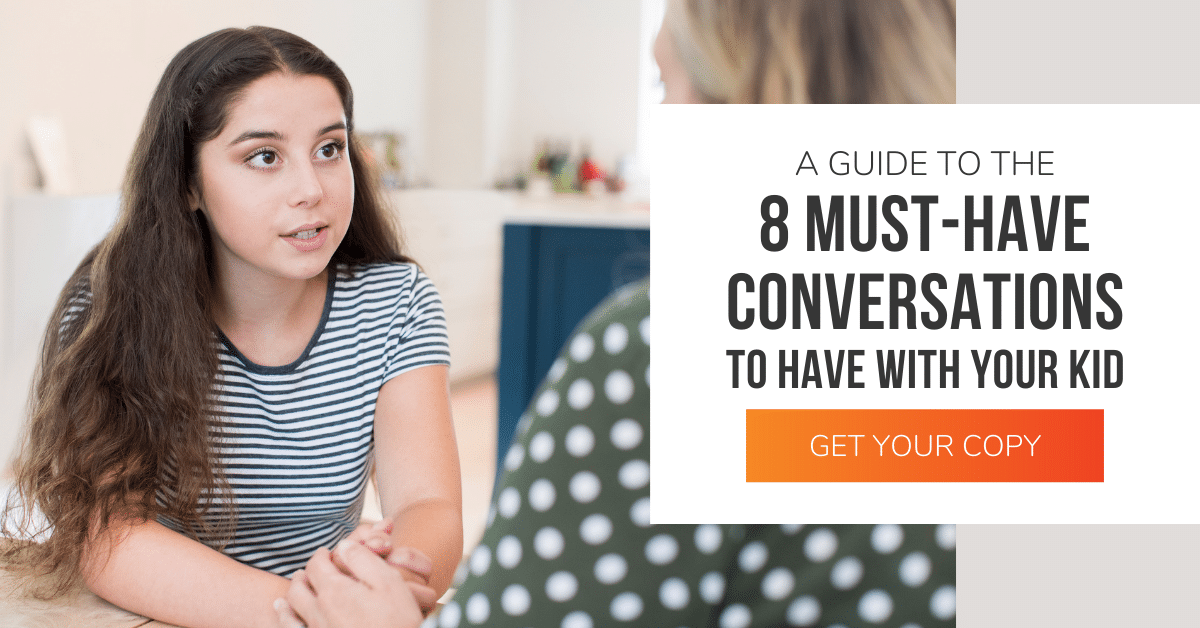“Okay, Boomer!” has become a shorthand way for kids to throw shade at adults who are trying to be relevant to their generation. It’s nothing new — teenagers throughout time have pulled away from adults and created their own, almost underground, network of communication.
Even before Snapchat, Instagram, or TikTok, teens found ways to hide from adults, and when that failed, to show their teeth to scare adults away.
Ironically, though, every teenager needs adults to be involved in their life.
One thing that every kid does when they begin adolescence is to start pulling away from their primary caregivers — whether parents, grandparents or guardians. There’s a fancy term for what they’re doing, it’s called individuation.
Simply put, it’s an evolutionary survival mechanism that helps them find their way and become self-sufficient before they inevitably get kicked out of their nest and face life on their own. Any parent who’s raised teenagers knows about closed doors, eye rolls, and short, one-word answers to their questions.
While many parents feel sad, frustrated, or disappointed during those years, common wisdom reminds them that their kids will return to them and to a close relationship eventually. Until then, they’re moving out into the world on their own, without the wisdom they need yet to make good decisions.
Teenagers need adults engaged in their life for several reasons.
Here’s why your presence makes a bigger difference than you might think:
1. You Help Keep Them Out of Trouble
When adults are around – at home, at school events, in the community – teens are less likely to make risky choices. It’s not about hovering over them but creating an environment where they can socialize without the pressure to do things they’ll regret later. Simply showing up makes a difference. In other words, kids can get the good parts (social interaction) and avoid the bad parts (substance use, risky behaviors).
2. They Need Real-Life Role Models
Teens don’t magically learn how to handle stress, manage time, or have healthy relationships. They need to see it. Watching adults – other than their parents – navigate life teaches them what adulthood actually looks like. Whether it’s how you resolve a disagreement, juggle responsibilities, or show kindness to others, they’re taking mental notes.
3. You Can Reflect Back the Good You See in Them
Let’s be honest – it’s not common for teenagers to encourage each other to become better versions of themselves, pursue service, or take risks to express their unique identity. In a world where fitting in feels like everything, they don’t hear a lot of, “Hey, you’re really great at that,” or “I love how you think about things.” That’s where adults come in. A simple compliment, an encouraging word, or noticing their strengths can be the spark they need to believe in themselves. Adults can play a meaningful role in the formation of a kid into a healthy adult by offering feedback on the good parts they observe.
At the end of the day, they may roll their eyes, give one-word answers, or act like they don’t care. But they’re watching. They’re listening. And they need you to keep showing up. And not just to enforce curfews or remind them to clean their rooms.
Kids need their parents and caregivers, and they need other adults — teachers, neighbors, family friends, bosses, and coaches. They need those adults to take a sincere interest in them, to move towards them and have conversations with them, no matter how awkward it might feel.
If you’re a parent, you might consider asking people in your circle to do just that with your kid.
And, if you’re an educator, know that you have a vital role to play — not just in their education but in the development of who they’re becoming.


